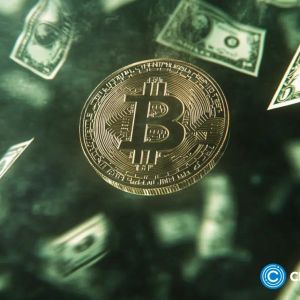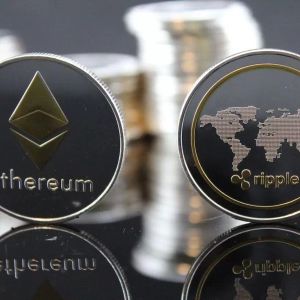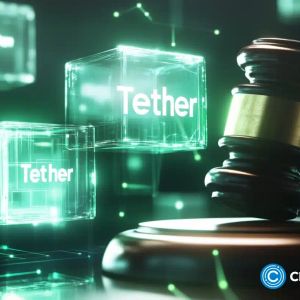Decentralization is the foundation of blockchain technology, promising a more resilient and censorship-resistant alternative to centralized systems. But are the industry’s leading protocols as decentralized as they claim to be? Decentralization can be measured across multiple dimensions. At first glance, the number of entities participating in the validation or block-mining process of a network is one of the simplest and most apparent metrics. However, other factors also contribute to the enhancement or erosion of decentralization: Hosting facilities: Where nodes are hosted directly impacts who controls them. If thousands of entities host nodes on facilities controlled by one or few entities, it puts the network at risk. For example, Hetzner unilaterally shut down 40% of Solana validators in 2022. Jurisdiction: Geographic location is relevant because it provides diversification of risk related to unfavorable or unpredictable regulatory action. Client Software: A blockchain with nodes all running on a single client software is at a higher risk of bugs and vulnerabilities than those on single code. The following table compares the degree of decentralization of leading protocols using these dimensions: Source: Solana Decentralization Report, Ethernodes Geographic location of ETH Nodes , Tron Nodes , Polkawatch Decentralization comes at a cost: the longer the distance between peers, the higher the latency. Latency is crucial for validators to complete assigned tasks in a reasonable period of time. Not meeting these deadlines translates to missed rewards for validators, increasing the incentive to be placed close to larger clusters of peers, thus increasing the centralization. The bigger the block size, or the shorter the block duration, the higher the incentives for centralization. In other words, many protocols indirectly penalize decentralization by diminishing rewards of those who dare to deploy infrastructure in territories where no one else is doing it. Pioneers carry the burden of blockchain resiliency with no incentive other than doing what needs to be done, where it needs to be done. Few are the protocols which provide some kind of predictable and explicit incentives at the protocol level (e.g., higher priority at proposing blocks, higher issuance rewards participation) to drive decentralization of the network. In most cases, the incentives are managed as arbitrary grants or delegations from the protocol foundations to specific network participants on a per case basis. If decentralization remains the cornerstone of blockchain’s ethos, the industry must act accordingly. Protocols need to adopt mechanisms that incentivize nodes to operate in diverse jurisdictions, be hosted on independent facilities, and use varied client software (if available). Without such incentives, the natural pull of economic efficiency will drive centralization, threatening blockchain’s very own promise: censorship resistance resilience. The future of blockchain depends on networks that are designed to remain decentralized, not by accident or goodwill, but by design. Let’s ensure decentralization isn’t just an aspiration and that it’s a measurable, incentivized reality.




















